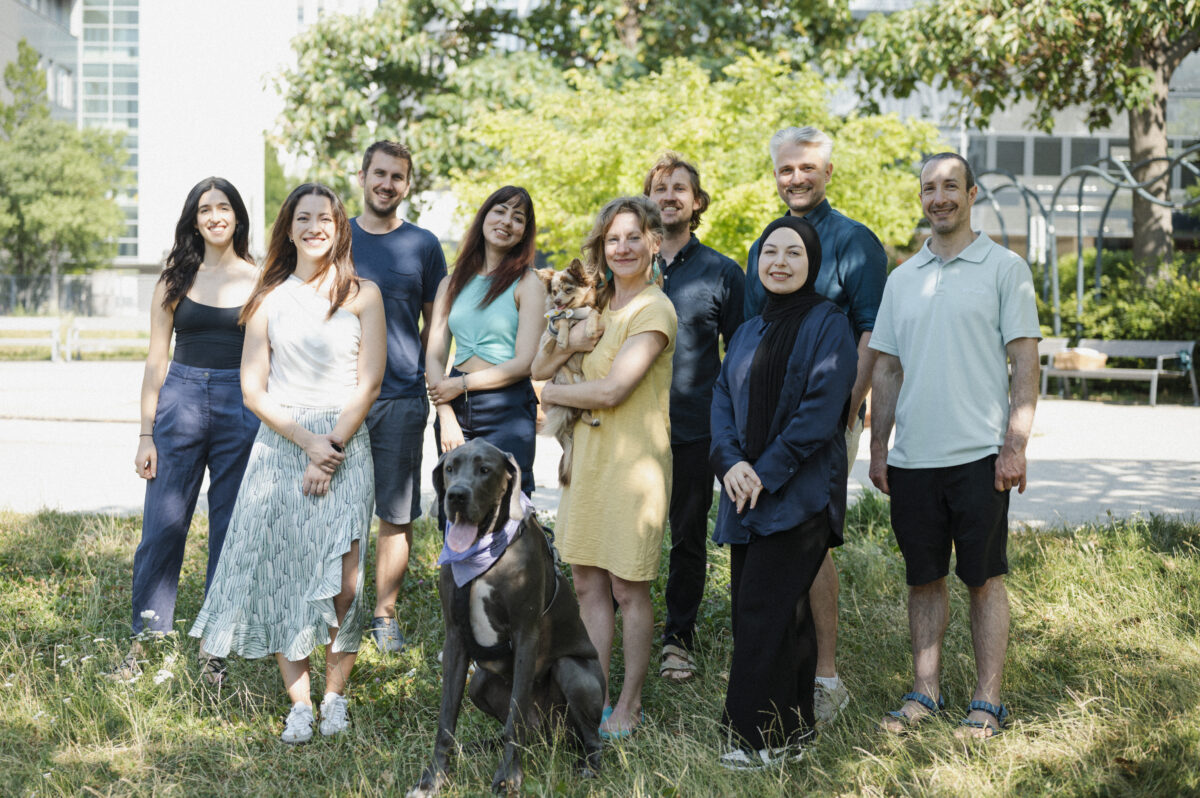New research has found that cultivated pet food produces significantly fewer CO2 emissions than traditional meat-based options.
An analysis commissioned by BioCraft Pet Nutrition found that making its cultivated meat for animals emits just 8.3 percent of the CO2 emitted by the production of beef derivatives. Cultivated meat – also known as “lab-grown meat” or “cultured meat” – is a form of cellular agriculture where cells are grown in vitro.
The Austrian biotech company is one of the first of its kind to develop “animal cell-cultured ingredients” specifically for the pet food market. The analysis of BioCraft’s footprint was carried out by ClimatePartner using standard, internationally recognized methodologies and measured impact from “cradle-to-customer,” including packaging, distribution, and disposal.
According to the analysis, hypothetical beef byproducts like offal, bones, skin, and fat – all of which are used regularly in conventional pet food – emit approximately 21.28kg of CO2 per kilogram of meat, compared to BioCrafted Meat’s 1.73kg of CO2 per kilogram.
“The difference in CO2 emissions between BioCrafted Meat and conventional beef used for pet food is due to our unique production process, which harvests the full contents of the bioreactor, which also makes it quite different from cultivated meat production,” said BioCraft founder and CEO Dr Shannon Falconer. “The environmental impacts of raising cattle are caused by the entire animal, not merely the portions used in the human food supply.”
Read more: Cultivated Dog Food On Sale In The UK In ‘World First’
Cultivated pet food demonstrates ‘high level of resource efficiency’

Using meat industry “byproducts” is sometimes perceived as low-impact or an exercise in effective waste reduction. However, the new research reaffirms that even animal products unfit for human consumption contribute to the negative impact of the meat industry.
In contrast, BioCraft’s product uses a single sample of cells taken from a single live mouse, which will be enough to produce meat “forever.” Compared to conventional meat slurry used by other brands, third-party testing found BioCraft’s product to be comparable or superior.
In April, BioCraft successfully registered its cell-cultured pet food ingredients with the relevant Austrian authorities, described by Falconer at the time as a “significant milestone.” Since then, the company has been able to supply producers throughout the EU.
“BioCraft’s approach demonstrates a high level of resource efficiency by maximizing product yield per volume of initial nutrient inputs, which directly contributes to the significantly lower carbon footprint of the ingredient,” said Jakob Sterlich, CEO of ClimatePartner Austria GmbH. “Such innovations are important steps in reducing the environmental impact of pet food ingredients, such as feed, water use, methane emissions, and land use.”
Read more: Is 2025 The Year Of Ethical Dog Food?






